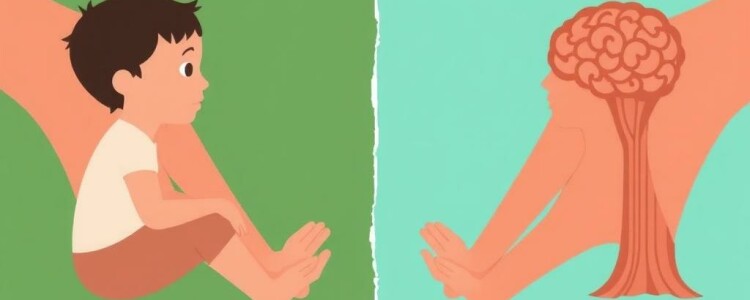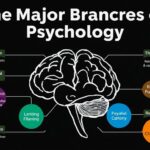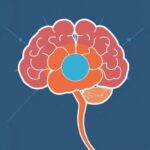The question of what shapes us more—our genetic makeup or our environment—has fascinated scientists, philosophers, and everyday people for centuries. The debate between nature vs. nurture is not just academic; it influences how we understand human behavior, personality, intelligence, and even mental health. Are we the sum of our DNA, or do our experiences and surroundings play a far greater role in creating who we are? In this article, we will explore this captivating debate in depth, shedding light on key research findings, examples, and implications.
Understanding the basics of nature vs. nurture is crucial before jumping into the complexities of the discussion. Nature refers to the genetic inheritance we receive from our parents—traits encoded in our DNA, such as eye color, certain predispositions, and even aspects of personality and intelligence. On the other side, nurture represents the environmental factors around us—our upbringing, education, culture, social relationships, and life experiences. It is these influences that can mold, enhance, or suppress genetic tendencies.
The Origins of the Nature vs. Nurture Debate
The roots of the nature vs. nurture debate can be traced back to ancient philosophical discussions. Early thinkers like Plato hinted at innate ideas and characteristics, while Aristotle emphasized the role of experience in shaping the mind. However, the modern framing of this debate took shape during the rise of psychology and biology in the 19th and 20th centuries.
During the late 1800s, the field of genetics began with Gregor Mendel’s work on heredity. This breakthrough gave more weight to the nature side, as scientists discovered how traits were passed from generation to generation through genes. Simultaneously, the theory of environmental influence grew stronger with the development of psychological theories by figures like John Locke, who proposed the mind as a «blank slate» shaped entirely by experience.
Why Does the Debate Matter?
Understanding whether nature or nurture contributes more to human development is more than just a theoretical exercise—it affects education, parenting, mental health treatment, and even social policy. For example, if intelligence is mainly inherited, then educational interventions might have limited success. Conversely, if environment plays a critical role, then investing in early childhood education and supportive home environments could significantly impact outcomes.
Additionally, this debate touches on the ethical considerations about human behavior. Does biology excuse certain actions? Or is everyone accountable because the environment can shape decisions? These questions make the nature vs. nurture debate a pivotal topic across many fields.
The Role of Genetics in Human Behavior
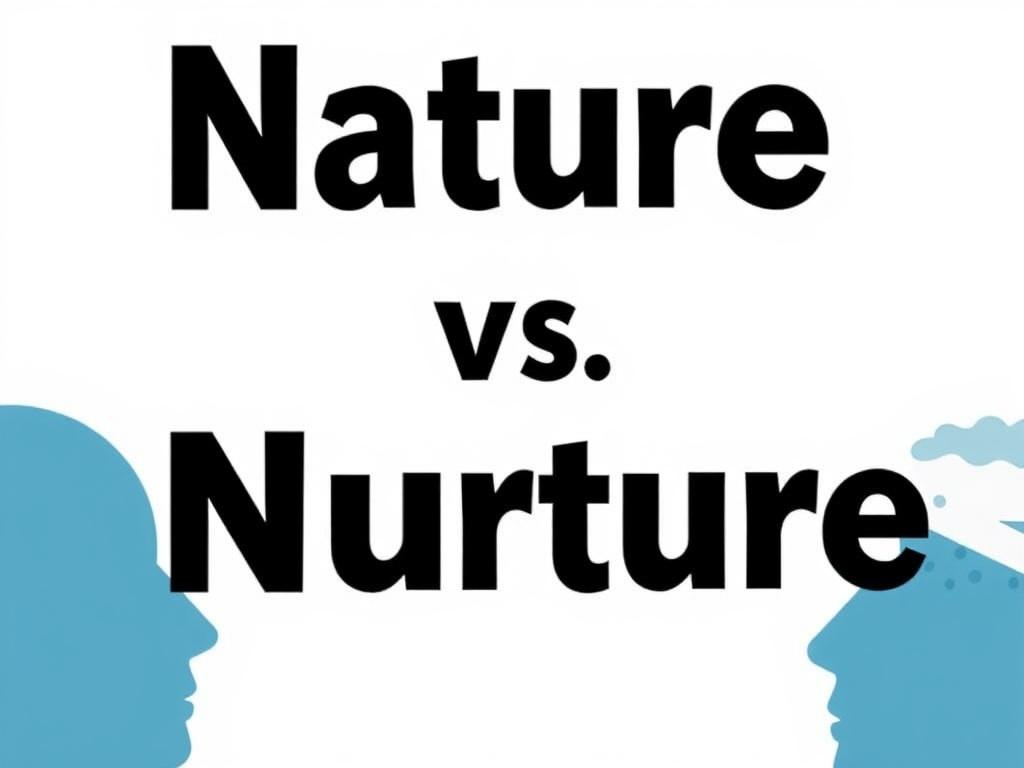
Let’s dive deeper into the ‘nature’ part of the debate. Geneticists have made incredible strides in identifying the links between DNA and various human traits. For instance, studies on twins—especially identical twins raised apart—have shown remarkable similarities in habits, preferences, and intellect, underscoring the influence of genetics.
But it’s important to remember that genes aren’t a strict blueprint dictating every aspect of our lives. Instead, they provide potentials and tendencies. Many traits are polygenic, meaning they are influenced by multiple genes working together, often with complex interactions.
Genetic Predispositions and Psychological Traits
Researchers have identified genetic predispositions for traits such as temperament, intelligence, and susceptibility to mental health conditions. For example, studies show a hereditary component for disorders like depression, schizophrenia, and bipolar disorder. While genetics can increase the likelihood of developing such conditions, they rarely act alone.
Here’s a simple list summarizing what genetics influence strongly:
- Eye and hair color
- Height and physical build
- Innate temperament
- Risk of certain diseases
- Susceptibility to mental health disorders
However, this list only scratches the surface of the potential genetic influence.
The Power of Environment and Experience
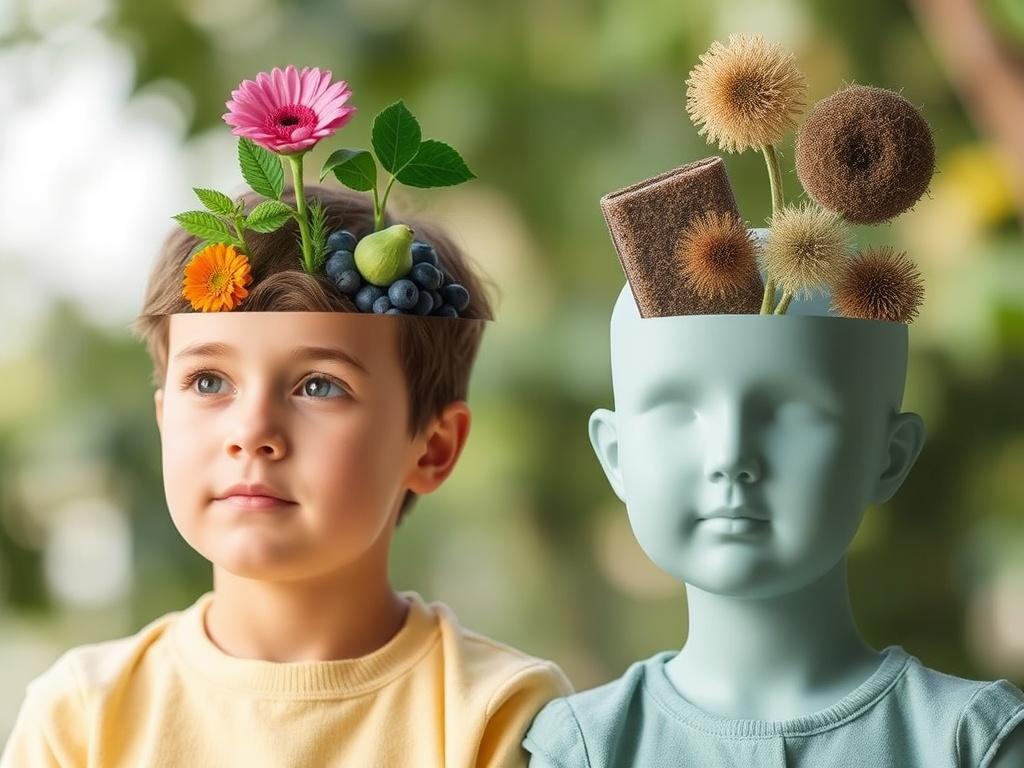
On the flip side, nurture represents the dynamic and often complex environmental influences that impact a person’s development. From childhood experiences to cultural background, these factors are powerful shapers of who we become.
Consider a child with an innate high intelligence potential. If raised in a stimulating, supportive environment with access to good education, this child is likely to flourish. Contrast that with the same child growing up in poverty with limited opportunities—their potential might never be fully realized. This demonstrates how environment can amplify or diminish genetic potentials.
Environmental Factors Breaking It Down
Let’s look at some of the crucial environmental influences that matter in the nurture side:
- Family and Parenting Styles: Nurturing parents who provide emotional support and discipline foster healthy social and emotional development.
- Education: Quality education shapes cognitive abilities and social skills.
- Peer Influence: Positive peer groups encourage constructive behaviors and interests.
- Socioeconomic Status: Access to resources, healthcare, and safety strongly affects development.
- Culture and Society: Norms and expectations influence personality formation and worldview.
Interplay Between Nature and Nurture: It’s Not Either-Or
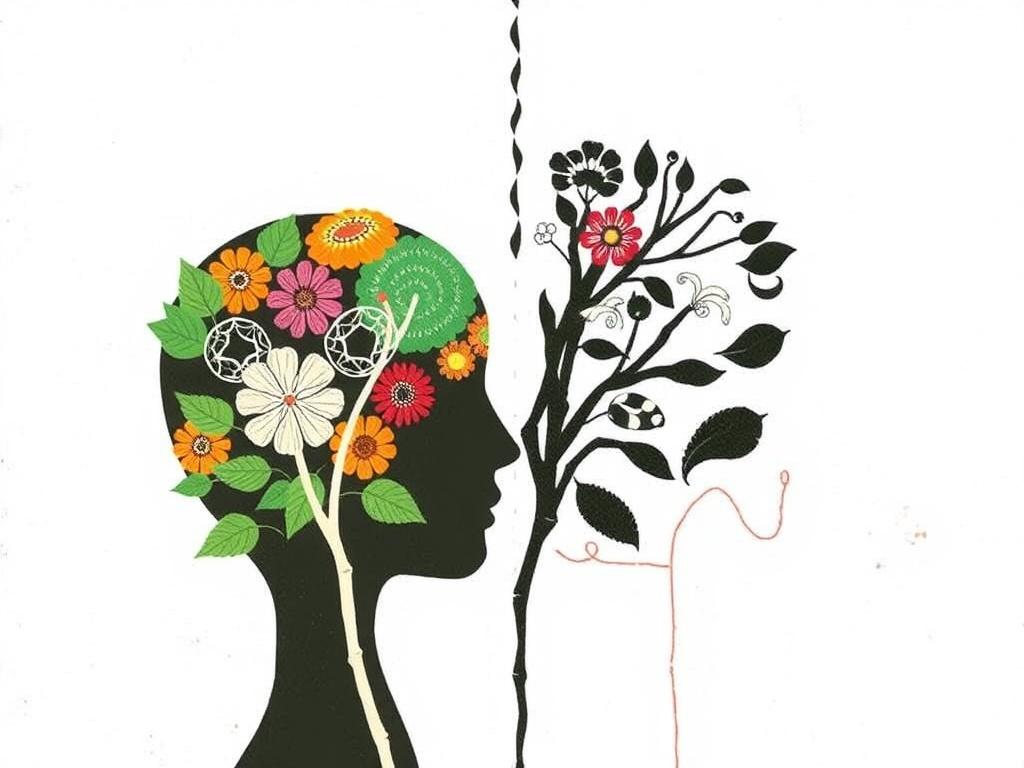
One of the key insights from decades of research is that nature and nurture do not operate in isolation. Instead, they constantly interact to shape who we are. This concept is called *gene-environment interaction*.
For example, a person might inherit genes associated with a high risk of anxiety. But whether they actually develop an anxiety disorder can depend greatly on the environment they grow up in—whether it’s stressful, supportive, or traumatic. Similarly, a musical prodigy might have the genetic capacity to excel but would still require practice and training nurtured by their environment.
Examples of Gene-Environment Interaction
| Scenario | Nature Influence | Nurture Influence | Outcome |
|---|---|---|---|
| Identical twins separated at birth | Same genetic code | Different environments | Similar traits with some variations based on upbringing |
| Child with high IQ genes | Inherited high potential | Enriched learning environment | Exceptional academic performance |
| Person genetically predisposed to addiction | Biological susceptibility | Exposure to substance and peer pressure | Risk of developing addiction |
Modern Perspectives and Research Advances
The advances in genetics and neuroscience over recent decades have transformed how scientists view the nature vs. nurture question. The idea of a single answer has been replaced with complex, nuanced views.
Epigenetics, for example, studies how environmental factors can switch genes on or off without altering the DNA sequence. This means that nurture can actually influence how nature expresses itself biologically. This field suggests that our experiences can leave marks on our DNA functions that can even sometimes be passed down generations.
Significant Findings from Twin and Adoption Studies
Twins and adoption studies have been especially valuable in elucidating how genetics and environment work together. Identical twins raised apart provide a natural experiment showing how much traits are influenced by genes versus differing environments.
Some takeaways from this research include:
- Intelligence has a strong genetic component but is influenced by schooling and family environment.
- Personality traits show moderate heritability but can be shaped by life experiences.
- Mental illnesses often result from a complex mixture of inherited risk and environmental stressors.
Implications for Society and Personal Growth
Understanding the balance between nature and nurture helps us approach education, parenting, and social policies more effectively. If we accept that both genetics and environment matter, then society can invest in creating enriching environments that help everyone reach their potential, regardless of genetic background.
It also alters how we view responsibility and change. Recognizing environmental influences means we can intervene with therapy, education, and community support. At the same time, understanding biological predispositions encourages medical research and personalized treatment.
How This Debate Informs Parenting and Education
Parents and educators often wonder: Should I worry more about inherited abilities or the environment I provide? The answer is simple—both matter deeply. Here are some tips that merge nature and nurture insights:
- Recognize individual differences: Everyone’s genetic makeup is different, so tailor support accordingly.
- Provide stimulating environments: Enrich learning through books, experiences, and positive interactions.
- Encourage resilience: Help children cope with challenges, as environment can buffer genetic risks.
- Foster healthy habits: Nutrition, sleep, and exercise impact both genetic expression and development.
- Stay adaptive: Be open to change as children grow and their needs evolve.
Common Misconceptions About Nature vs. Nurture
Despite widespread discussion, some myths persist regarding this debate. Let’s clear up a few:
- Myth: Nature means we are destined and cannot change.
Reality: Genetics provide tendencies, not rigid fates. Environment and choices matter greatly. - Myth: Nurture alone can override genetics completely.
Reality: Some genetic traits are strong and influence development regardless of environment, but the interplay is complex. - Myth: One is more important than the other.
Reality: Both nature and nurture are essential and inseparable in shaping humans.
The Language of Genes and Environment
It’s useful to understand that genes don’t act in isolation—scientists refer to “heritability,” which estimates the proportion of variation in traits explained by genetics within a population. However, this does not apply to an individual directly, and environment always plays a role.
In the same way, “environmental influence” covers a wide range of factors, not all positive or negative—some protective, others risky.
The Future of the Nature vs. Nurture Debate
As science progresses, the nature vs. nurture conversation will continue evolving. New technologies like CRISPR gene editing, advanced brain imaging, and big data analytics promise deeper insight into how genes and environment interact.
We are moving towards a more integrated understanding that emphasizes personalization—treating each person as a unique combination of genetic potential and environmental history.
Potential Developments to Watch
| Area | Development | Impact on Nature vs. Nurture |
|---|---|---|
| Epigenetics | Study of gene expression changes influenced by environment | Highlights environment’s lasting effects on biology |
| Gene Editing | Technology allowing targeted DNA modification | Potentially increases nature’s role in shaping traits |
| Neuroscience | Better brain mapping | Explains biological basis of behavior and experience effects |
| Personalized Education | Adaptive learning systems based on individual needs | Tailors nurture to support unique genetic profiles |
Conclusion
The nature vs. nurture debate isn’t about choosing one side over the other; it’s about understanding their intricate partnership in creating the tapestry of human life. Our genes provide blueprint possibilities, but nurture sculpts, refines, and sometimes even rewrites parts of that blueprint. Recognizing this interaction empowers us to create supportive environments that help individuals thrive and to respect the inherent differences that make each person unique. Whether we focus on biology or experience, the endless dance of nature and nurture continues to shape our identities, promising an exciting future for science, society, and self-discovery.

